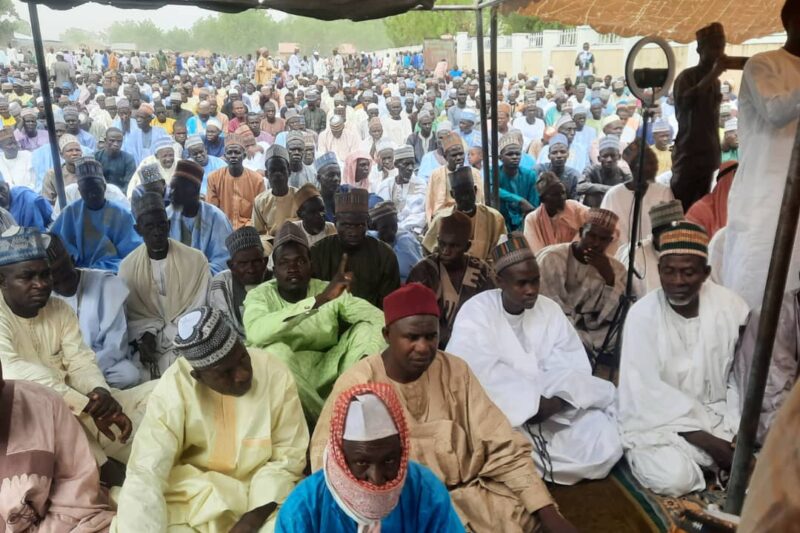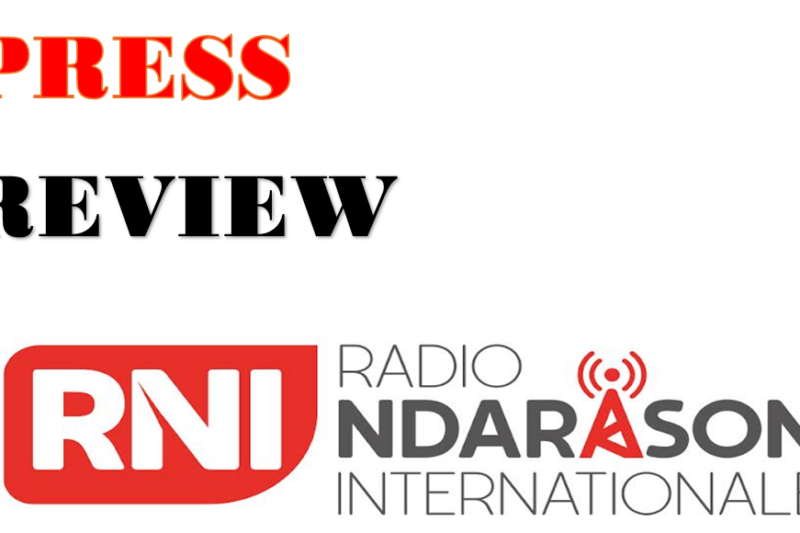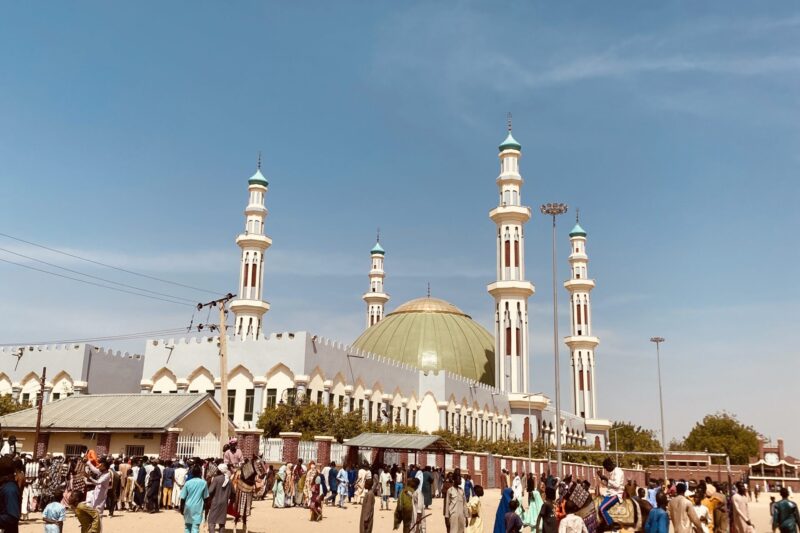Nigeria’s President Muhammadu Buhari has approved the establishment of a National Centre for the Control of Small Arms and Light Weapons to combat security problems in the country.
The presidency made the announcement on Monday, May 4.
The centre would serve as the institutional mechanism for policy guidance, research and monitoring of all aspects of small arms and light weapons, the office of the national security adviser said.
“This decision is part of the ongoing restructuring of Nigeria’s security architecture to address emerging threats and strengthen the regional mechanism for the control, prevention and the regulation of small arms and light weapons,” it said.
The federal government said the centre would be led by a national coordinator, retired Major-General AM Dikko, who had served in various capacities in and outside Nigeria. He was a course director at the Kofi Annan International Peacekeeping Training Centre and chief instructor of the Nigerian Army Peacekeeping Centre.
The proliferation of small arms in Nigeria had led to an increase in violence, which in turn led to the displacement of thousands, a well as mass atrocities.
Violence committed by extremist groups had affected 26-million people in the Lake Chad region and displaced 2.6-million others, according to the UN Refugee Agency.
Abubakar Mohammed Kareto, a security expert, said the illegal ownership of small arms triggered insecurity and led to terrorism, human trafficking, organised crime and insurrections in West Africa and Nigeria.
The weapons were smuggled into Nigeria mainly through the Chad and Libyan borders.
He said the porous nature of the borders had aided the arms proliferation and led to the spread of extremist activities and other security challenges.
Kareto said there had been a spike in the number of cases of banditry, kidnappings, abductions, ethnic conflicts, communal clashes and attacks by extremists.
Perpetrators, he said, relied on the increased availability of small arms. This was particularly so in northeast Nigeria within the Lake Chad region.
Insurgents from the Jamā’at Ahl as-Sunnah lid-Da’way Wa’l-Jihād (JAS), more commonly known as Boko Haram, the Islamic State in West Africa Province (ISWAP) and other extremist groups profited immensely from the arms proliferation.
A report by SBM Intelligence said a combination of the proliferation of small weapons, already existing state corruption, large tracts of ungoverned spaces and mass unemployment had largely been responsible for the rising criminality and violence in the north.
Tension between sedentary farmers and nomadic Fulani herders had led to armed confrontations, mass killings and the displacement of some farming communities.
There had been cases of cattle rustling by armed groups, leading to violent clashes between rustlers and Fulani herders.
Violent ethnic and religious clashes had been facilitated by the use and availability of small arms.
Numerous people had been displaced. The drivers of mass displacement included generalised violence, violations of human rights, a high rate of insecurity, insurgent attacks and the Fulani herdsmen and farmers’ crisis.
Kareto lauded efforts by the government to curb the spread of the violence.
He said the government should encourage owners of weapons to return their arms. He conceded that it was an immensely difficult task for the government to collect the weapons without civilian buy-in.
According to the Small Arms Survey of 2018, there were more than 40,009,000 small arms in the hands of civilians or non-state actors in Africa, with 10,972,000 of that number concentrated in the West African sub region where Nigeria is the dominant power and most populous state.
The number of small arms in circulation in Nigeria in the hands of civilian non-state actors was estimated at 6,145,000, while the armed forces and law enforcement collectively accounted for 586,600 firearms.
The SBM Intelligence report and the survey showed that arms proliferation in Nigeria had affected the country’s internal security and had led to the deaths and injury of thousands of innocent citizens.
Kareto urged citizens and security forces − such as customs, immigration services and the security services department − to join hands to restore peace in the country.
Special attention should be given to criminals who routinely attacked security personnel and stole their arms, he said.
Babagoni Ashami, a resident of Maiduguri, said the proliferation of arms, occasioned by illegal and porous borders and the booming business of gun-running, was fuelling Nigeria’s security challenges and enabling criminal activities.
Tijjani Baba Yaro, also a resident, said borders should be closed. He believed that was the only solution to curb the proliferation of weapons.








